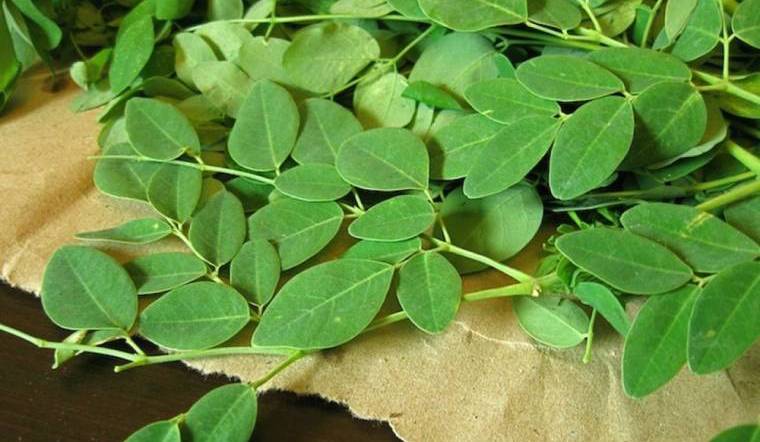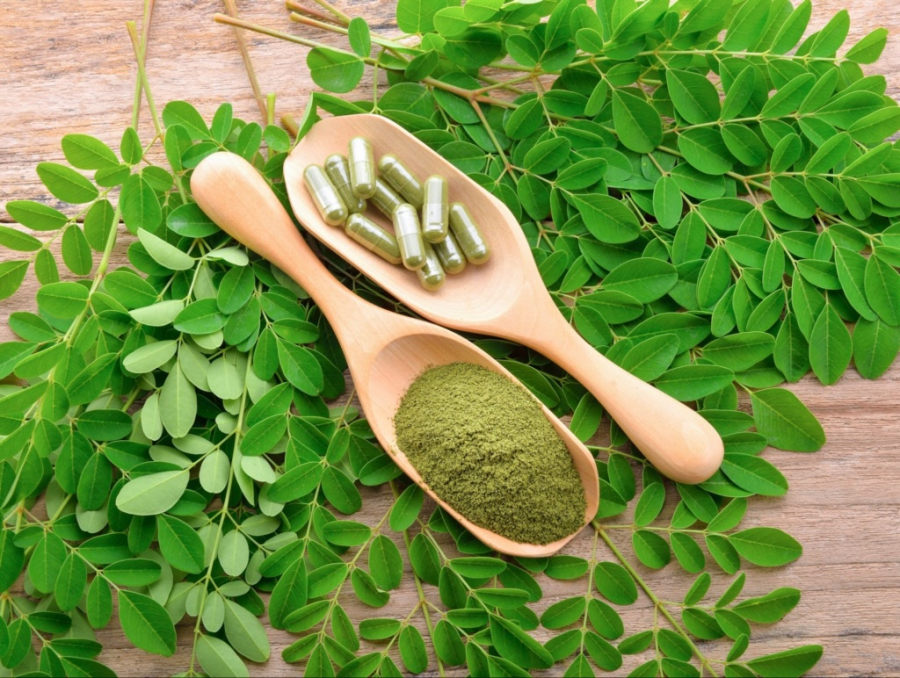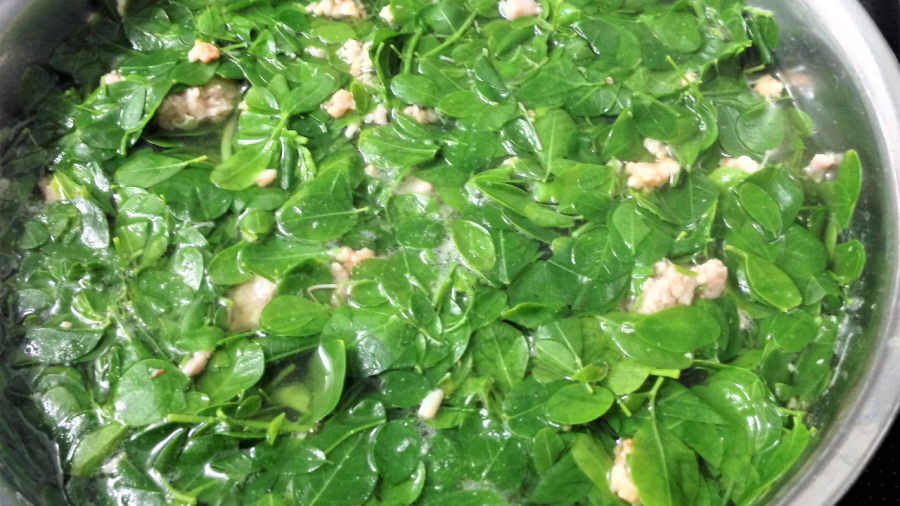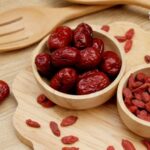Can Diabetics Eat Moringa Leaves?
Moringa is a remarkable plant with a plethora of nutritional and medicinal benefits. From its leaves to its seeds and pods, every part of the tree has been utilized in cuisine and traditional medicine. Moringa is exceptionally rich in vitamins, minerals, and antioxidants.
According to Healthshots, moringa is particularly beneficial for individuals with type 2 diabetes. This leafy green is known for its high fiber, fatty acid, and antioxidant content, which helps regulate blood sugar levels and prevents the development of diabetes, cardiovascular disease, and cancer.
Additionally, moringa leaves stimulate insulin production, enhance insulin sensitivity, and improve glucose uptake by muscles and the liver. Simultaneously, it reduces the amount of glucose absorbed by the small intestine.
The presence of isothiocyanate, a compound capable of slowing down the onset of diabetes, contributes to these benefits of moringa.

Moringa Leaves Boost Insulin Production and Sensitivity, Enhancing Glucose Uptake
Benefits of Moringa for Diabetics
Blood Sugar Control
According to Dr. Chanchal Sharma, a gynecologist at Daffodils by Artemis Hospital in Jaipur, India, studies have confirmed that moringa can help lower blood sugar levels. Moreover, moringa leaf powder has been found effective in improving glycemic control.
Improved Insulin Sensitivity
Dr. Chanchal Sharma explains that insulin sensitivity reflects the ability of cells to respond to insulin. A study published in the Journal of Diabetes and Metabolic Disorders revealed that moringa could reverse fructose-induced insulin resistance while improving testicular function.
Reduced Post-Meal Blood Sugar Spikes
Dr. Chanchal Sharma confirms that incorporating moringa into meals can help mitigate blood sugar spikes. Specifically, supplementing with moringa leaf powder can reduce the surge in blood sugar levels after eating.

Dr. Chanchal Sharma Confirms Moringa’s Role in Reducing Post-Meal Blood Sugar Spikes
Abundant in Antioxidants
Oxidative stress is a contributing factor to the progression of diabetes and its complications. Moringa, with its high antioxidant content, can reduce oxidative stress and inflammation, thereby supporting more effective diabetes management.
Who Should Avoid Consuming Moringa Leaves
While moringa is recognized as a safe and nutritious food, certain individuals should exercise caution when consuming this vegetable.
Pregnant and Lactating Women
Women who are pregnant or breastfeeding should refrain from consuming large quantities of moringa leaves. Excessive intake may impact fetal development and breast milk production.

Pregnant and Lactating Women Should Limit Their Intake of Moringa Leaves
Individuals with Kidney Issues
People with kidney problems should also approach moringa with caution. This vegetable may contain compounds that affect kidney function.
Diabetics on Medication
Additionally, individuals managing diabetes, especially those on insulin therapy, should consult their doctors before including moringa in their daily diet. This ensures that there are no adverse interactions between moringa and their diabetes medications.
“The Secret Elixir: Unlocking Youthful Radiance and Fat-Burning Efficiency”
Drinking ample water is crucial for maintaining blood circulation and regulating body temperature. But why stop there? Elevate your hydration game by infusing your water with nature’s treasures – goji berries, red dates, blueberry juice, and a twist of lemon. This potent combination not only quenches your thirst but also boosts your health, enhances your skin’s radiance, and aids in effective weight loss. Discover the power of natural hydration for a healthier, more vibrant you!
“Add a Pop of Purple to Your Plate: 3 Delicious Foods for Healthy, Glowing Skin”
Anthocyanins are a unique class of antioxidants found in purple fruits and vegetables. These natural plant compounds have exceptional health benefits, most notably their ability to prevent aging. With powerful antioxidant properties, surpassing even that of vitamins C and E, anthocyanins are the secret to achieving radiant, youthful skin.



































